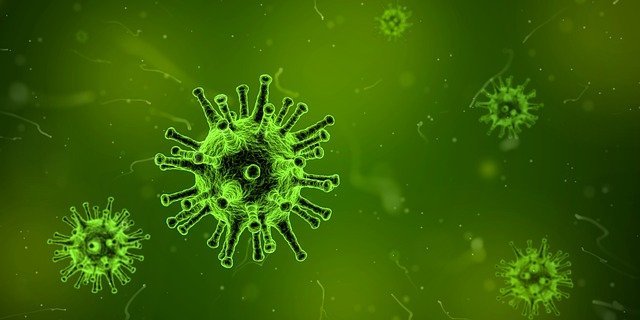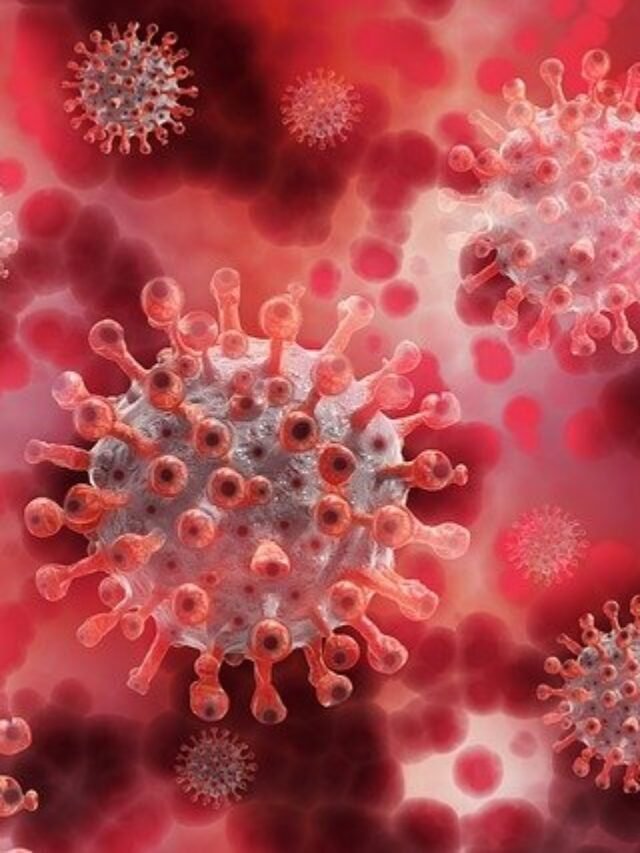Epstein–Barr virus (EBV) is one of the nine known human herpesvirus types in the herpes family, and it is estimated that as many as 80% of adults in North America have been infected. The Epstein–Barr virus, formally called Human gammaherpesvirus 4, is one of the most common causes of infectious mononucleosis.
What is Epstein–Barr virus (EBV)?
Epstein–Barr virus is a type of herpesvirus that causes infectious mononucleosis, or “kissing disease”. It is spread through saliva and can be found in saliva on the floor or in a toilet seat. EBV also causes infectious lymphadenitis, which usually appears as swollen glands near the ear and neck.

Symptoms of the Epstein–Barr virus
Symptoms of Epstein–Barr virus can include a sore throat, fever and fatigue. The symptoms can last for weeks or even months, depending on the person’s age when they begin. If you suspect that you may have the virus, you should contact your doctor to confirm that.
Treatment for EBV
Even though EBV is a virus, it doesn’t have to be the end of your life. In fact, there are treatments for EBV that can help you recover and live a full life. Some of these treatments include medications and immunotherapy.
The risk factors for EBV
EBV affects many people. One in four people has the virus, and most are asymptomatous. The most common symptom of EBV is a fever that lasts more than five days in a row. Symptoms of EBV can include nasal congestion, sore throat, and swollen lymph nodes.
When is it spread?
The Epstein–Barr virus is a type of herpes virus known to cause mononucleosis, and it can also lead to cancer, neurologic symptoms, and mental illness. The virus causes the production of antibodies that are then passed on to other people through saliva or kisses.
Epstein–Barr Virus cure
“Whatever you do, don’t skip a dose and stop taking your medication without talking to your doctor first. If your symptoms have resolved and you have been feeling better for several weeks and then you stop taking the medication, the symptoms can return.” The virus lies dormant in the body, and if a patient stops taking their medication they could start to suffer again. The infection can also re occur. So, if you are diagnosed with the virus, don’t take a chance and stay on the medication.
Conclusions
The Epstein–Barr virus is a common type of herpes that often causes mononucleosis, which is what causes the majority of cases to go undetected. The symptoms of this virus vary, but typically include sore throat, swollen lymph nodes near the jaw, fever between 38 and 38.3 degrees Celsius (100.4 – 100.9 degrees Fahrenheit), and fatigue. Other symptoms include weight loss and abdominal pain

